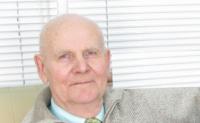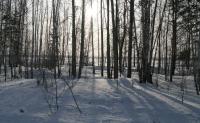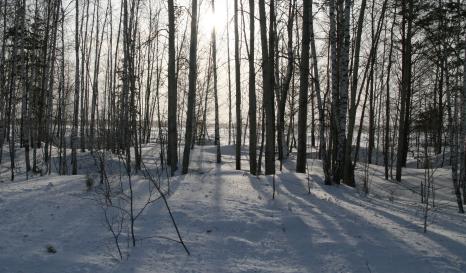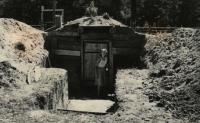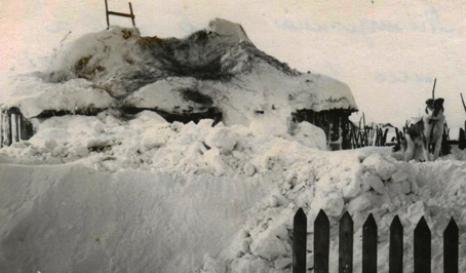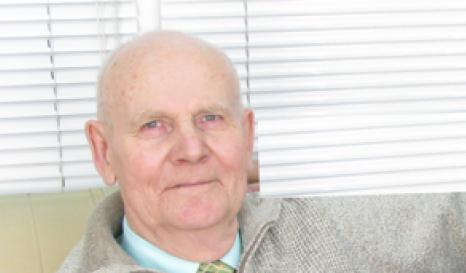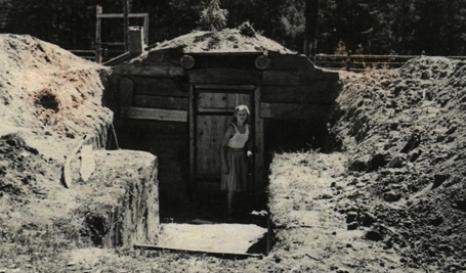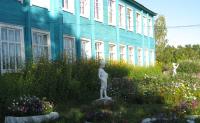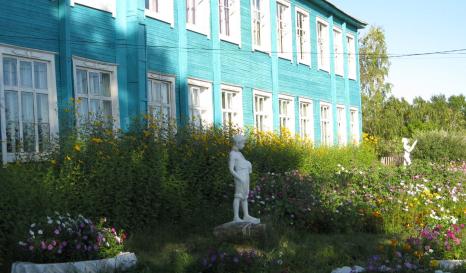BioGraphy
Yaroslav POGARSKIY
Yaroslav Petrovich Pogarskiy was born in western Ukraine in 1940. His village came under the Soviets, then the Germans, then the Soviets again, but the family took no notice until one day in October 1947, when officials of the NKVD political police came to take them all to Omsk in Siberia. His father was probably accused of supporting the Ukrainian nationalists, the banderovci [followers of Stepan Bandera, the leader of the Ukrainian nationalist organisation OUN], but he could never find out for sure.
During the early days in Omsk, he lived in hard conditions. Two years later he was sent to another village where he finally went to school. He was a good pupil and managed to take a degree at Omsk technical university, but as the son of an exile he was still considered a pariah.
When his father returned to Ukraine in 1957, Yaroslav had already settled in Omsk and decided to stay. However, he often came up against his origins as the son of a Bandera follower and his friends urged him in 1967 to return to Ukraine. He moved to the eastern part of the country, which had long been under Soviet influence and was hostile to Bandera’s nationalist movement, making it hard for a western Ukrainian. Police control was strict and the people unfriendly. Shifting from one homeless refuge to another for a year in Kyiv, he got a real job on a sovkhoz state farm in Pereiaslav, where he lived until his death in June 2010.
Two interviews were conducted with Yaroslav Pogarskiy in 2009 by Alain Blum.



